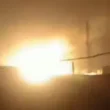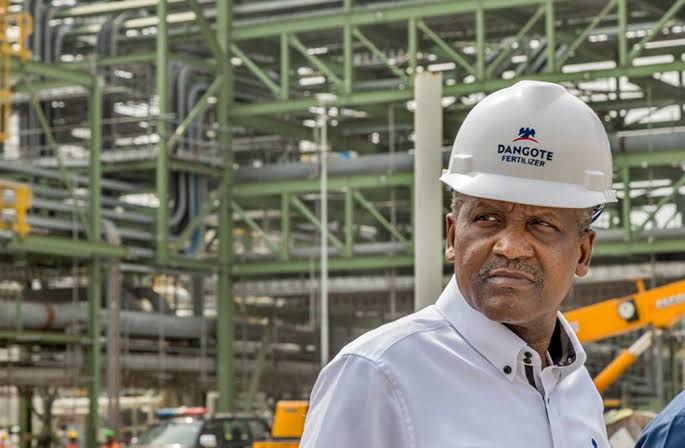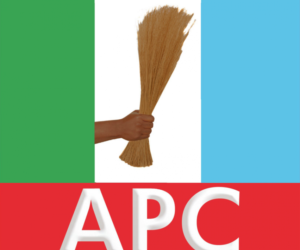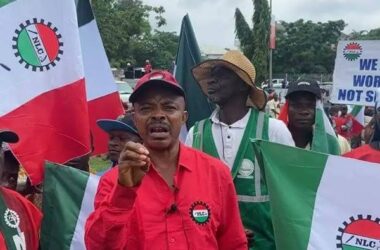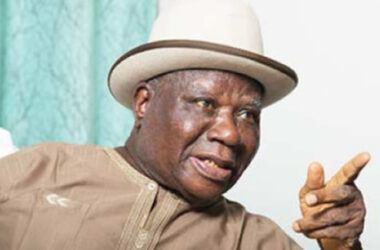The Nigerian government is in discussions with the Dangote Petroleum Refinery as the nation prepares for the release of petrol from the $20 billion refinery next month.
These discussions, led by the Federal Government’s Implementation Committee on Crude Oil Sales in Naira, are aimed at addressing the pricing structure for Premium Motor Spirit (PMS), commonly known as petrol, which is expected to be supplied by the Dangote Refinery starting in September.
The committee, chaired by the Minister of Finance and Coordinating Minister of the Economy, Wale Edun, has been holding multiple meetings in recent weeks. The goal is to develop a framework that will determine how much Dangote Refinery will pay for crude oil in naira.
This framework is also expected to address the pressing question of whether the government will provide subsidies for the refinery’s petrol or allow the product to be sold at market rates.
Despite these discussions, oil marketers have expressed concerns that the cost of petrol produced by the Dangote Refinery may be higher than current pump prices, creating a dilemma for dealers and consumers alike. Petrol prices across Nigeria currently range between N600 and N700 per liter, depending on the location.
However, the actual landing cost of PMS, according to data from the Major Energies Marketers Association of Nigeria, is around N1,117 per liter.
This disparity has raised concerns that petrol from the Dangote Refinery may also be priced at a similar rate, putting pressure on the government to either continue subsidizing the cost or allow prices to rise to market levels.
The Nigerian National Petroleum Company Limited (NNPCL) currently shoulders the burden of petrol subsidies, importing petrol at a high cost and selling it to the public at a lower price.
During a presentation of the NNPC’s audited report for the 2023 business year in Abuja, the company’s Chief Financial Officer, Umar Ajiya, highlighted the strain that petrol subsidies have placed on the company. He revealed that NNPC had been covering a shortfall of N7.8 trillion in the first seven months of this year due to the gap between the landing cost and the retail price of petrol.
Ajiya stated that the government had been directing NNPC to sell imported petrol at about half of the landing price, with the government sometimes covering the difference through a reconciliation arrangement. He emphasized that the company had not paid any marketer for petrol subsidies in the last eight to nine years, adding, “No one has been paid a kobo by the NNPC in the name of subsidy. No marketer has received money from us by way of subsidy.”
As the discussions on petrol pricing continue, the Federal Government is exploring its options. According to sources within the government and the oil industry, the two primary options are to either reintroduce petrol subsidies or allow Nigerians to pay the actual market price for petrol from the Dangote Refinery.
An official from the Federal Ministry of Petroleum Resources, speaking anonymously, told PUNCH, “The only way the government can intervene is to subsidize. There is nothing NNPC can do… Do you want the company to continue carrying the subsidy burden after the explanation it gave last week? It is not sustainable.”
The source further emphasized that while the ideal solution is for Nigerians to pay the actual cost of petrol, the government may need to consider the broader economic implications of such a decision. The official noted that the Nigerian economy is struggling, and raising petrol prices could exacerbate the hardships faced by many citizens. However, without government intervention, the price of petrol from the Dangote Refinery is expected to reflect the international market rate.
In the meantime, the Implementation Committee is working on finalizing the framework for crude sales to Dangote Refinery in naira. The government has also involved the African Export-Import Bank (AfreximBank) in the discussions to ensure the smooth implementation of the naira payment system.


